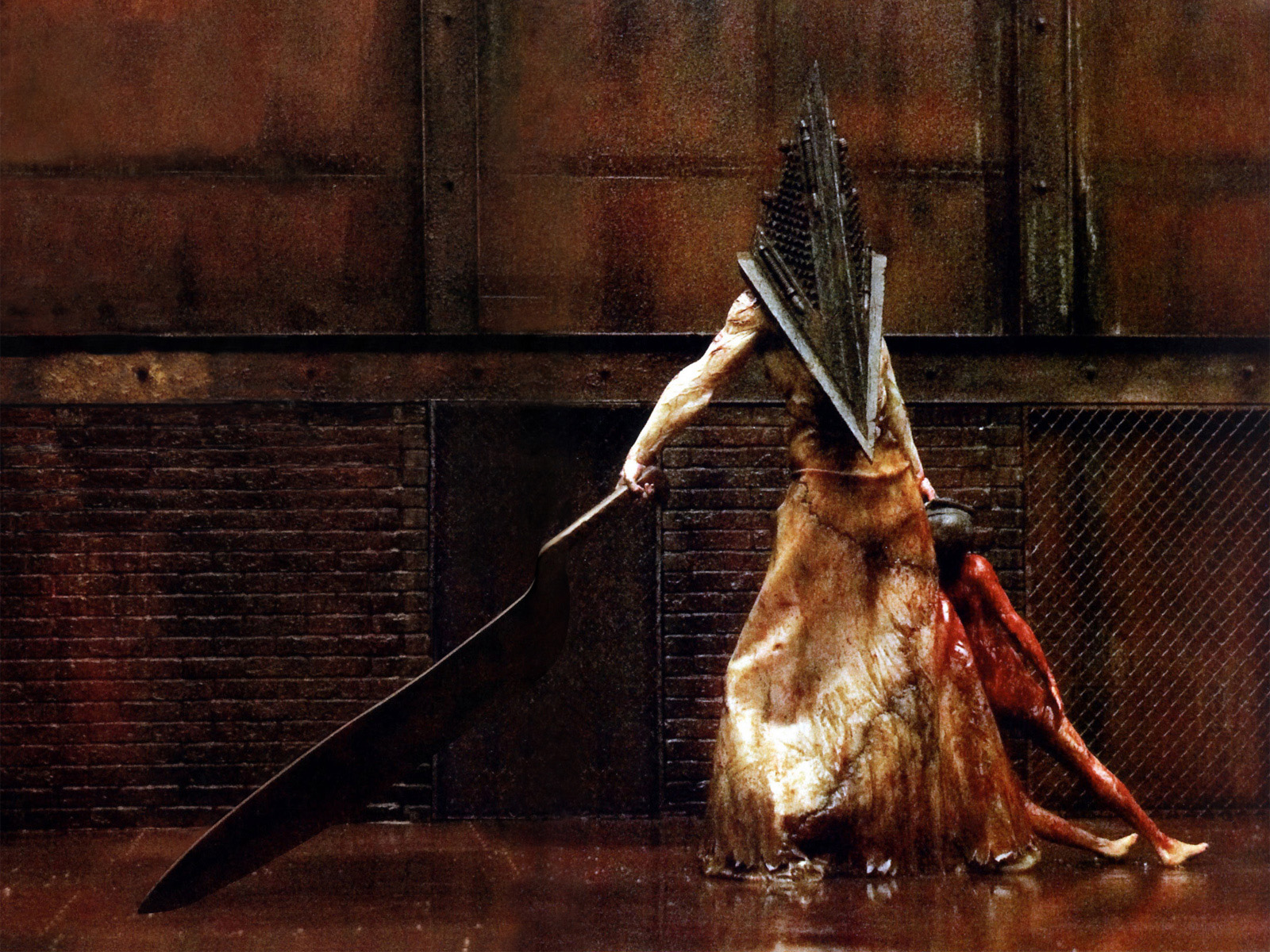Editor's note: Nathan has some pretty sound reasons why many survival-horror titles don't work — and a few suggestions to improve the genre to boot. That said, he makes the case that no game he's ever played is truly scary. I have to wonder if he's ever spent some time with Silent Hill 2. -James

Humanity created the horror genre well before it created video games. Like film and literature, games have tried to emulate the same panic and fear-inducing qualities of of real-world, life-or-death situations. It's safe to say that, for the most part, that they have failed. Games have devolved from plodding tension and real suspense to grotesque abominations and cheap thrills.
I may be generalizing, but for me, a genuine video-game horror experience has yet to arise. Developers have created bits and pieces of more grandiose ideas, but they never seem to quite come together. I've got five suggestions to help developers generate more realistic scares in video games.
5) Good Controls
So let me get this straight: I’m a government agent trained in all manner of fighting techniques, but my movement is on par with a Lego brick. How cool is that? Back in the old-school Resident Evil days, developers used this mechanism to create tension by limiting a character's mobility. But today, this is what people know as "poor controls." Giving players free rein over their onscreen avatars means focusing less on the “tension” of controls and more on the "tension" of creating real horror.
4) Inferential Fear
Fear is something that occurs organically in our minds. As such, every aspect of an in-game experience should unfold naturally. I don’t need grotesque imagery to scare me — games operate on suspension of disbelief. All you need do is simply walk up and steal the small sense of security I've armed myself with. Fear is primal, and horror titles should play to our basic instincts. All children are afraid of the dark — unorthodox and illogical as that may seem. Yet since we were little, we've never felt truly alone in complete darkness.

3) Failure
The idea of failure is what makes games emotionally thrilling. Developers design with multiple playthroughs in mind, but that doesn’t have to degrade the overall experience. The modern design ethos dictates that players must have god-like powers at some point. This dispels the illusion of fear. The player must know immediately what will lead to failure and, in an overall sense, what failure rammifies — death, torture, loss of a loved one, etc. Game makers should invest more time making their characters cave to the fear of failure.
2) Not Seeing Is Believing
Too often in horror titles, the creators "treat" us to the true face of evil — the antagonist that they think represents all of our nightmares. This decision has a negative effect: While you immediately subject the gamer to terror and emotional turmoil, you also breed expectation in them. This isn’t necessarily a bad thing, but video games use it too liberally. I can't count the number of times I've killed annoying enemy that was originally a tentpole scare in the first hour. By the end of the game, they aren't terrifying; they're just frustrating. Designers should be more sparse and judicious with their enemies. After all, the monster you create in your mind is a lot more terrifying than anything the creator can dream up.
1) Be Scary
When all else fails, remember that being a sadistic turdball works. Give the player connections — ties through character development and gameplay — and cleave them in two. Do what any good horror work does best: Be scary. Play to the unexpected. Exploit emotional fault lines. Show your audience the darkest psychological aspects of the human mind. Play with reality and nonreality. Shake their deeply ingrained truths to the point where they fear the most banal details of their lives.
Show them why people are afraid of the dark.
These suggestions are far from complete — or for that matter, well reasoned. I still have hope that a truly scary video game will come along — maybe Alan Wake will fill this niche. What do you think developers could do to build a better horror game?

